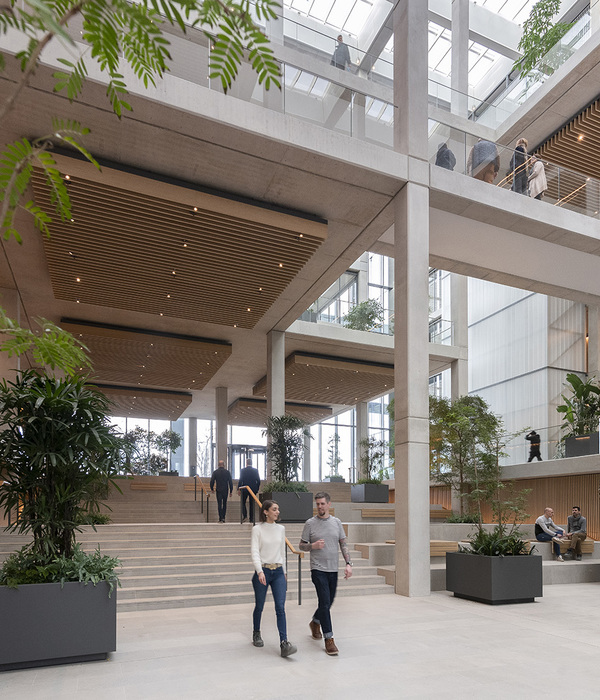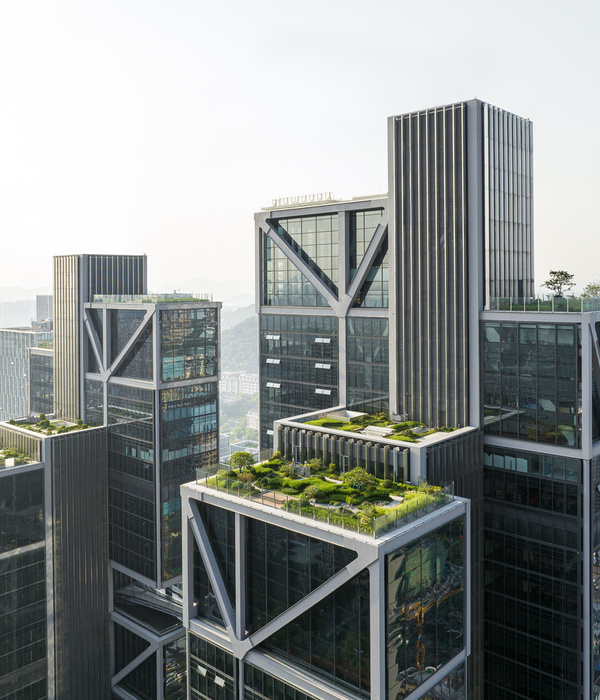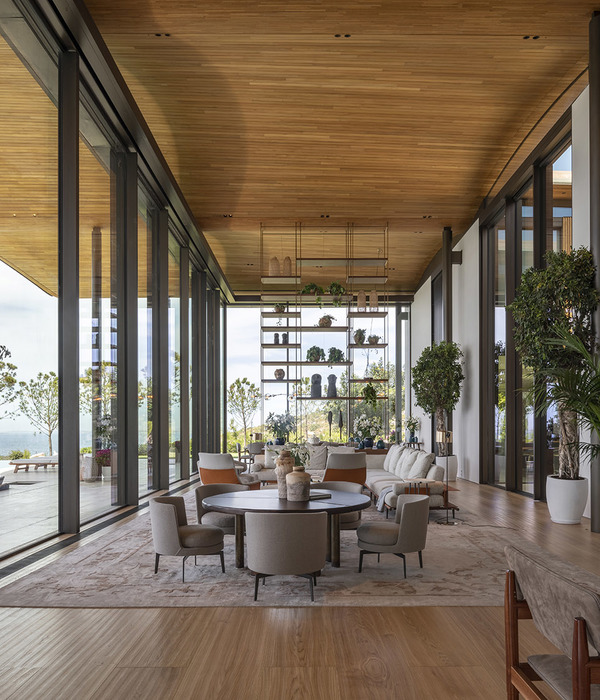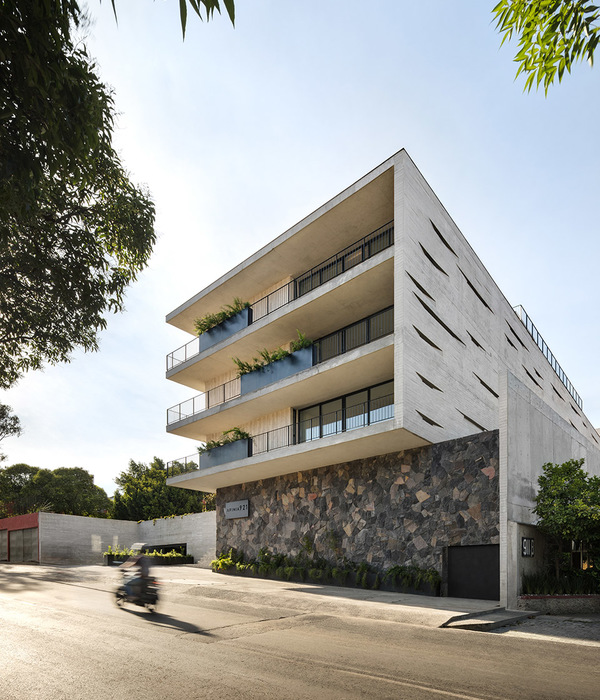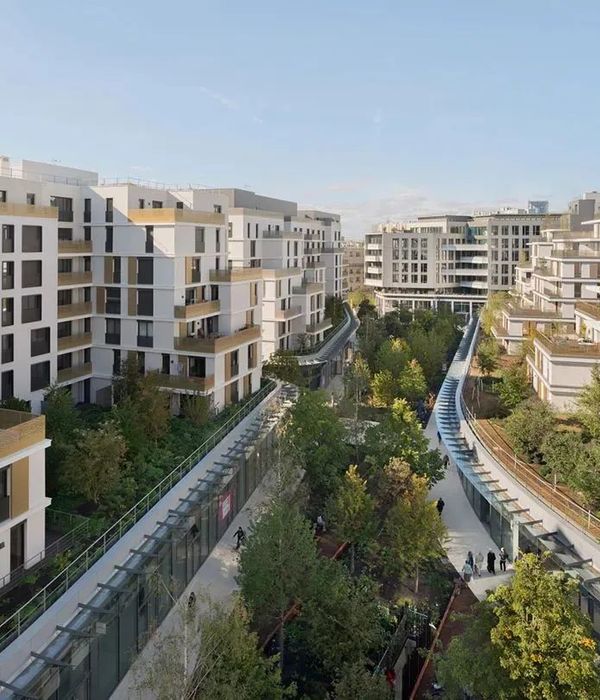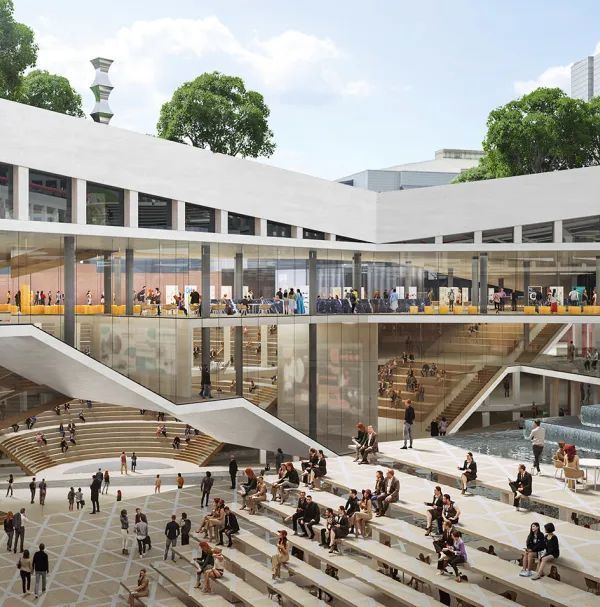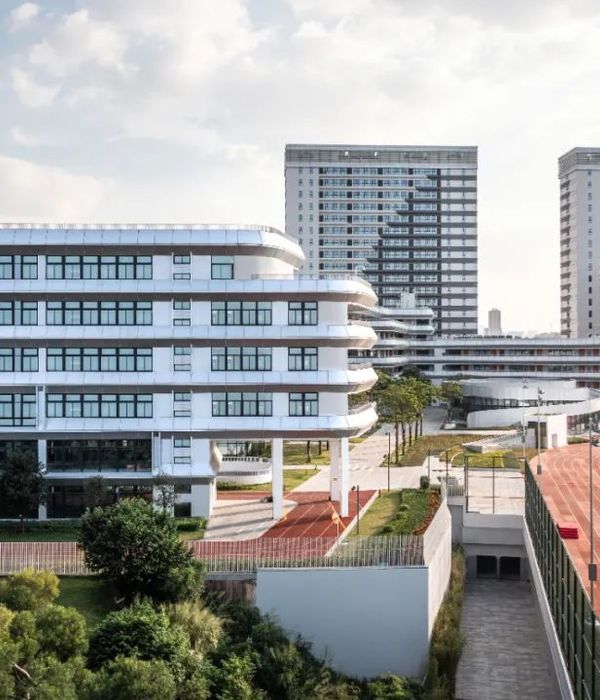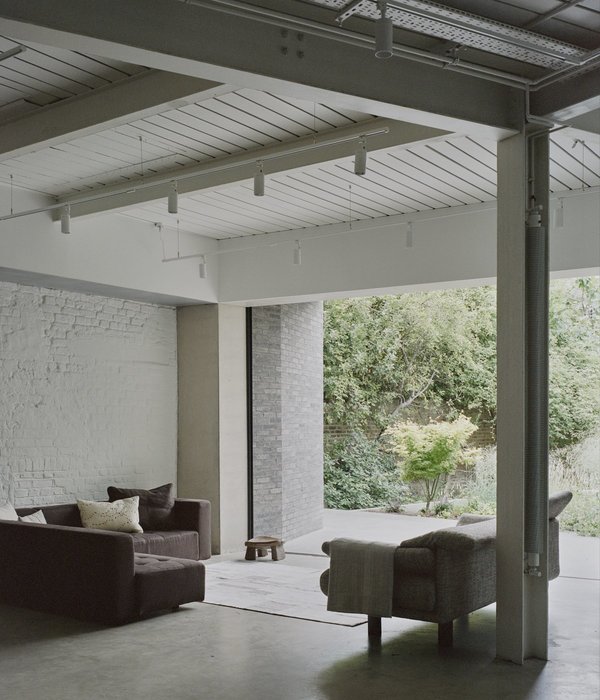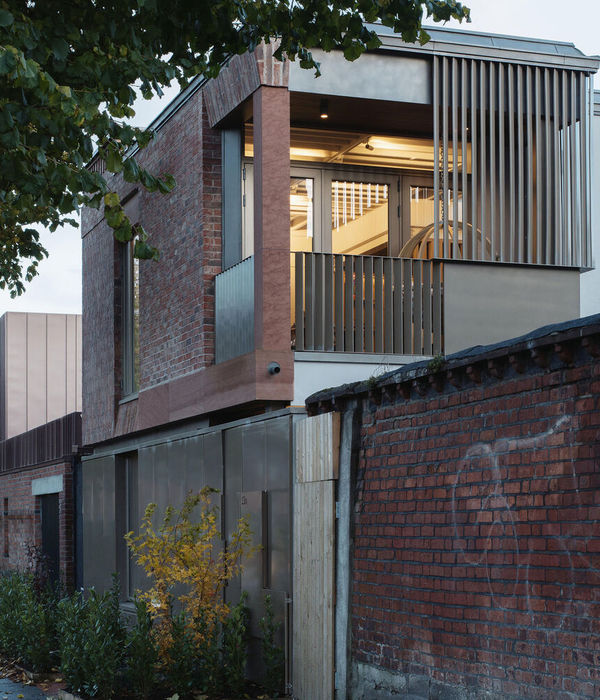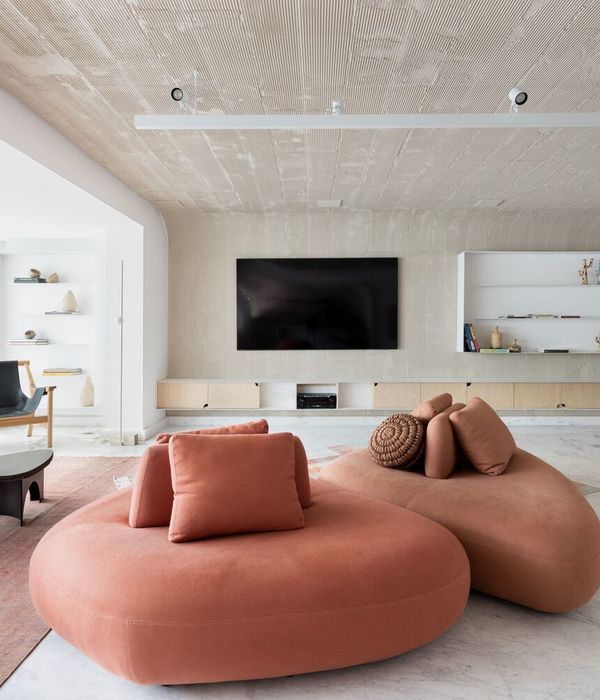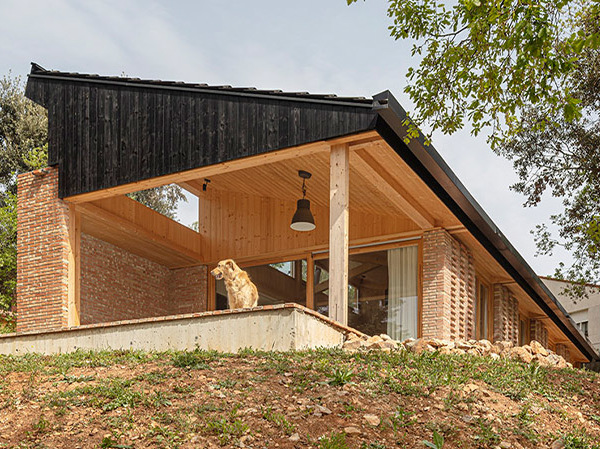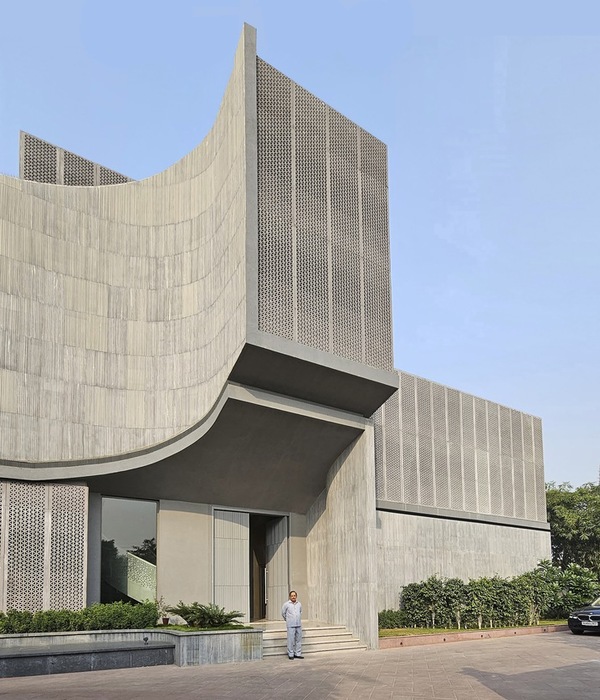Architects:De Gouden Liniaal Architecten, a2o architecten
Area :2453 m²
Year :2022
Photographs :Stijn Bollaert
Lead Architects :a2o architecten & De Gouden Liniaal Architecten
Technical Engineer : Enerdo
Structure Engineer : Arcade
General Constructor : Reynders Eiffage
City : Hasselt
Country : Belgium
@media (max-width: 767px) { :root { --mobile-product-width: calc((100vw - 92px) / 2); } .loading-products-container { grid-template-columns: repeat(auto-fill, var(--mobile-product-width)) !important; } .product-placeholder__image { height: var(--mobile-product-width) !important; width: var(--mobile-product-width) !important; } }
The 20th-century belt outside the historic center of Hasselt has been thoroughly transformed in recent years. Small, mostly run-down working-class and middle-class houses, on narrow plots and with limited heights, are making way for larger, collective housing projects. The increasingly strict energy performance and comfort requirements, the development toward smaller average household composition, and, above all, the need for densification of the city center, means that in many places - like here at Maastrichersteenweg - the typology of the single-family detached house is no longer tenable.
With the disappearance of such terraced houses, the small scale, and charm that is so characteristic of the buildings along the main access roads between the inner and outer ring roads often disappears. With this project, we want to respond to this urban renewal trend and try to turn the unfavorable perception of collective housing by making attractive architecture.
Three outdated terraced houses were demolished and replaced by a residential complex with 21 flats and an underground car park. In the design, particular attention was paid to the architecture of the street frontage, aiming for 'the size of the street'. Many large-scale projects have already been built in Maastrichtersteenweg, whereby several plots have been joined together. In response, we searched for a vertical articulation that of more narrow dimensions, similar to those of a classic townhouse. For this reason, the façade is composed of six bays, each with a different width. Staggered sections between the bays, both to the front and the back create a façade with a clear fragmentation. In this way, the project seeks to connect to the grain of the existing streetscape.
A spacious, double-height main gateway on the east side of the plot provides access to the entrance hall and the underground car park, but also and above all to the shared semi-public inner area and the bicycle shed. This airy access is articulated by the protruding terrace of one of the flats on the first floor, which welcomes residents and visitors and guides them to the covered entrance area and the gardens that lie behind it.
All apartments have their own terrace, while the apartments on the ground floor level have their own private gardens that border a communal green area. These outdoor spaces contribute to the livability of inhabitants, but also enrich the liveliness of the streetscape. The communal green area is part of a master plan for the whole interior of the building block where the amount of pavement is reduced and outdoor spaces are connected to one semi-public park area.
All façades are executed in traditional brick masonry, thus reinforcing the characteristic townscape of the street. By paying special attention to the detailing, including the use of recessed facade surfaces, recessed plinths, and claustra masonry surfaces, we give the whole a certain 'grandeur' - typical of 20th-century bourgeois houses. The (aluminum) exterior joinery and the various balustrades are color-coordinated with the façade brickwork.
▼项目更多图片
{{item.text_origin}}

